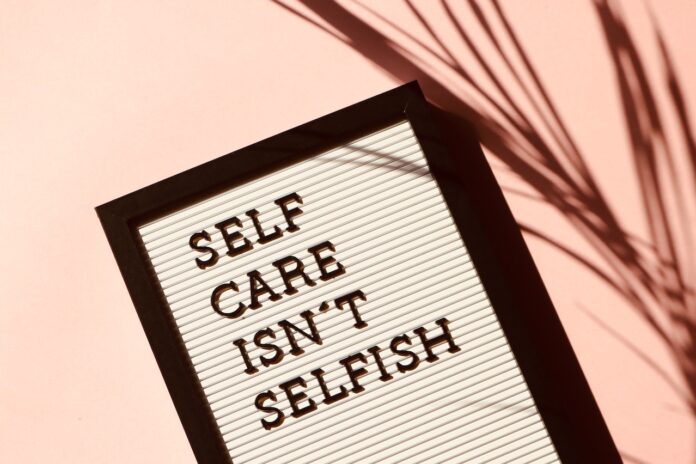Mental health is important to overall well-being and crucial in leading a productive, successful life. It’s easy to take your mental health for granted — but it’s just as important to nurture it as any other aspect of your physical health. Here are eight tips to help cultivate good mental health and promote healthy, positive habits.
1. Stay Active
Mental and physical health are inextricably linked, so it’s no surprise that being physically active can positively impact your mental well-being. Regular exercise is just as effective as medication for treating depression. Not only does exercise release endorphins that boost mood, but it also helps to reduce stress levels and improve sleep quality. So if you’re feeling down, try taking a brisk walk, running, or signing up for a dance class.
2. Eat Healthily
Just as exercise is good for the body, so is eating healthy foods. Nourishing your body with vitamins, minerals, and antioxidants helps to promote overall health and can also improve specific mental health conditions like anxiety and depression. To ensure you get all the nutrients you need, focus on eating many fruits and vegetables, whole grains, lean protein, and healthy fats. And limit the consumption of sugary foods and alcohol.
3. Get Plenty of Sleep
Sleep is crucial for maintaining your overall health. When you don’t get enough rest, it can affect your energy levels, mood, and concentration. It can also contribute to anxiety and depression. To promote better sleep, stick to a regular sleep schedule and create a soothing bedtime routine. Also, avoid caffeine in the evening and limit screen time before bed.
4. Make Time for Relaxation
With our hectic schedules, it’s easy to forget to relax. But incorporating some relaxation techniques into your day can help reduce stress and lift your spirits. Some simple relaxation methods include deep breathing, meditation, yoga, or calming music. You can also try activities like journaling or spending time in nature.
5. Talk About Your Feelings
It’s normal to feel sad, anxious, or stressed sometimes–but if these feelings interfere with your everyday life, it’s important to talk about them with someone who can help. Whether you see a therapist or confide in a friend or family member, talking about your feelings can be therapeutic and help you find solutions to whatever is troubling you. If you’re unsure where to start, many online resources can help you find the support you need.
6. Build Connections with Others
Humans are social creatures–so it should be no surprise that social support is essential for mental health. Whether you join a club or volunteer group or simply spend time with family and friends, having close relationships can help to reduce stress levels and improve your mood. If you’re feeling isolated or lonely, reach out to someone who might be able to help you connect with others in your community.
7. Put Yourself First
We can get so focused on caring for others that we neglect our well-being. If we don’t make time for our own needs, eventually, we’ll become burnt out and unable to take care of anyone else. Make sure to schedule some “me time” every day or week, even if it’s just 20 minutes to read or take a bubble bath. Caring for yourself allows you to be the best version of yourself for everyone else in your life.
8. Seek Professional Help
If you need it, professional help is nothing to be ashamed of and can be very beneficial. If You are struggling with symptoms of anxiety or depression That are negatively impacting your life. Talking to a therapist could be helpful. For example, you can consider Janina Fisher trauma therapy which can help you better process and understand traumatic experiences. There are many types of therapists and treatment options, so it’s important to research and find the right fit for you.
Conclusion
There Is no shame in admitting That you need help, and there are many resources available that can assist you on your journey to better mental health. Taking steps towards better mental health can seem daunting at first. But even small changes can make a big difference. Hopefully, these tips will give you some ideas on where to start your journey to improved mental health.











